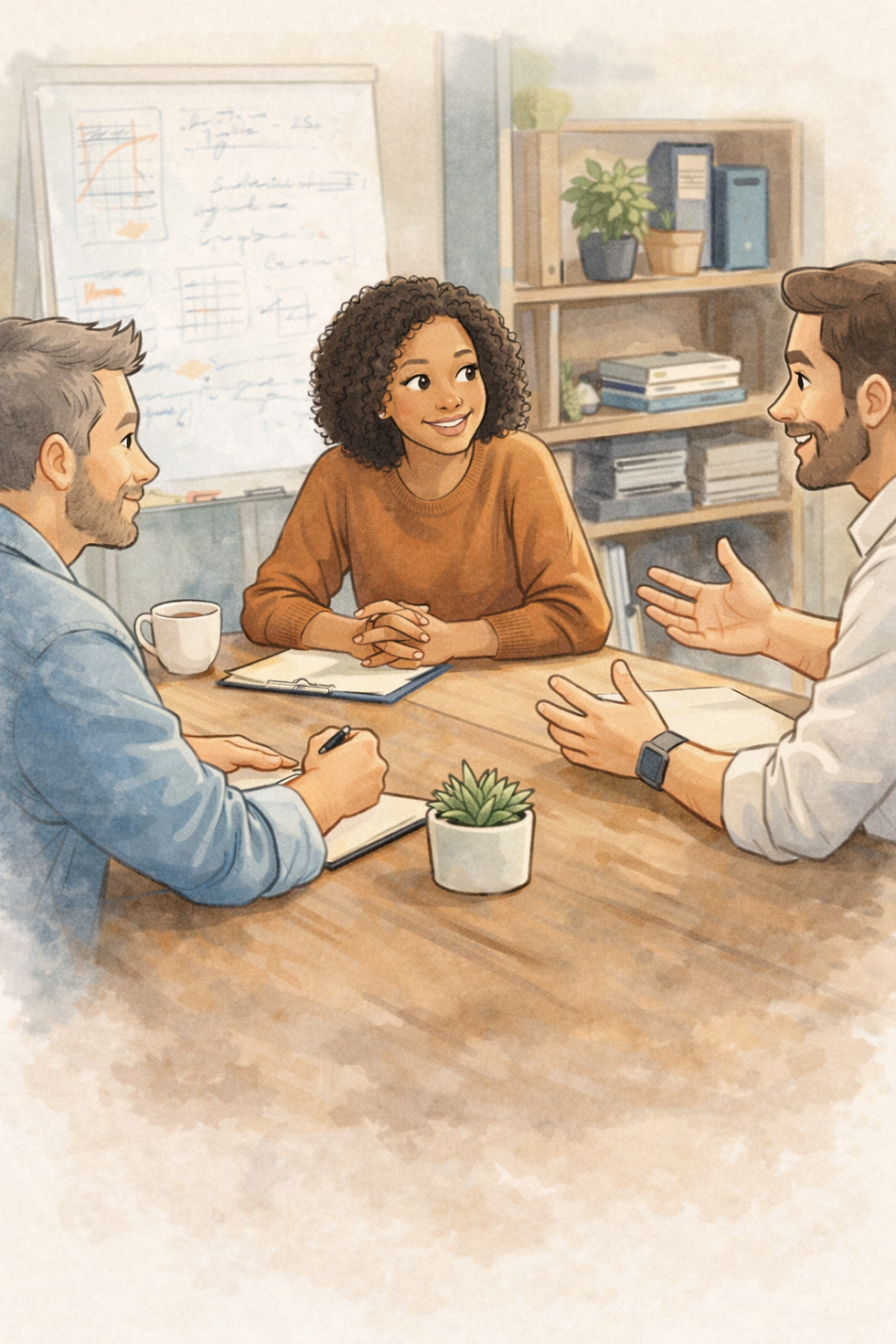Learning That Lasts: Why Reflection Matters More Than Content
- sofie9022
- Oct 29, 2025
- 3 min read

In many learning and development settings, success is often measured by how much content can be delivered in a short amount of time. Slides, frameworks, and new ideas are presented with the best intentions to inform, inspire, and upskill. Yet the reality is that most people do not struggle to absorb information. They struggle to apply it in a meaningful way.
The difference between learning that fades and learning that lasts lies not in the volume of content but in the depth of reflection. Reflection is the process that turns experience into understanding. It allows people to pause, consider what happened, explore why it happened, and connect those insights to their goals and behaviours. Without reflection, even the most engaging workshop or activity risks becoming a fleeting experience rather than a lasting source of change.
At Teamscapes, reflection is central to the learning process. Experiential learning provides the environment for discovery, but reflection transforms that discovery into practical action. It bridges the gap between knowing and doing, helping people turn awareness into behaviour. When teams take time to stop and ask questions such as “What just happened?” or “What can we take forward from this?”, they begin to make sense of their experience. They start to notice how they communicate, make decisions, and respond to challenges. Reflection helps transform these moments into genuine insight that can be applied back in the workplace.
Effective reflection does not have to be long or complicated. Some of the most valuable learning emerges from short, structured conversations. A few minutes at the end of a meeting, a check-in after a project, or a quick debrief following a team exercise can create powerful moments of awareness. What matters is creating intentional pauses in the rhythm of work, giving space for people to think and connect the dots before moving on to the next task.
In every Teamscapes experience, reflection happens naturally as part of the process. It is the moment when the energy of doing meets the awareness of learning. Participants are encouraged to observe their own actions and those of others, to connect behaviour to results, and to recognise patterns that influence performance. These shared reflections create insight that is both individual and collective, giving teams a clearer understanding of how they work together and how they can improve.
When reflection becomes part of a team’s everyday rhythm, learning evolves from a single event into an ongoing habit. It nurtures a culture of curiosity and continuous improvement. People begin to see each challenge as a chance to learn and each success as something to build upon.
Over time, this habit of reflection strengthens relationships, communication, and adaptability, helping teams sustain their growth long after a training session ends.
The most effective learning experiences do not depend on delivering more information. They focus on creating space for meaning to emerge. Reflection makes that possible. It ensures that learning is not only understood but remembered, applied, and shared. Information may inform, but reflection transforms. It turns knowledge into wisdom, activity into progress, and experience into lasting change.
At Teamscapes, we believe the most powerful learning happens when people are given the space to reflect, connect, and grow together. Our experiential learning programmes are designed to help teams turn shared experiences into lasting change, creating stronger, more connected, and more resilient organisations.




Comments